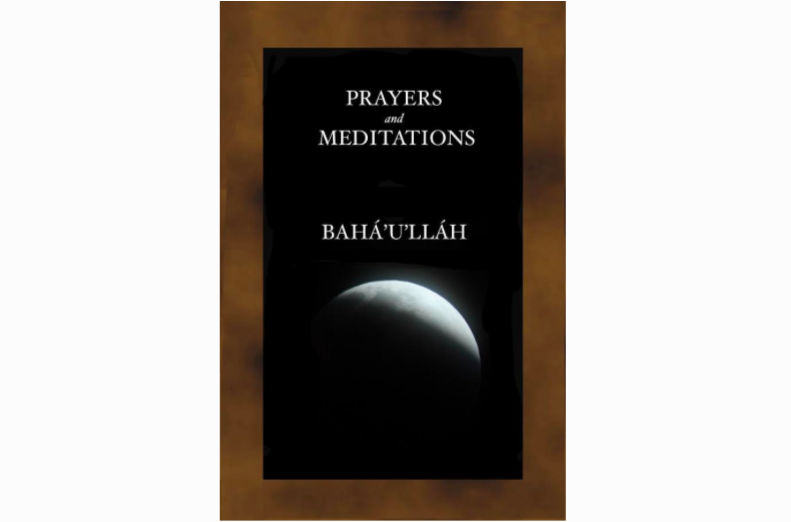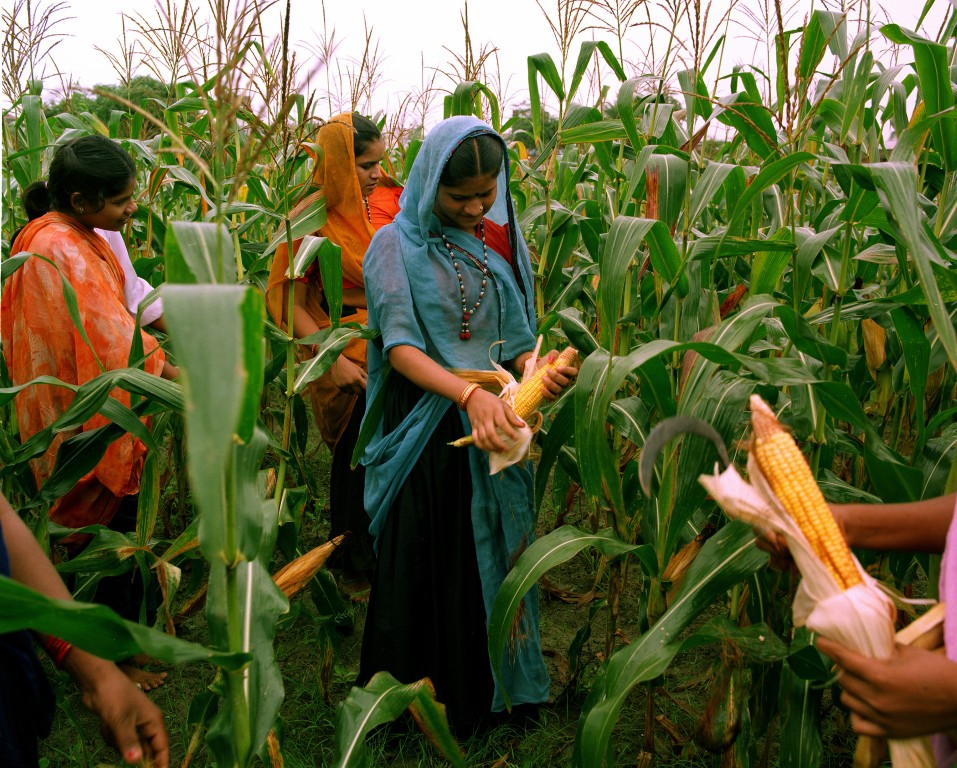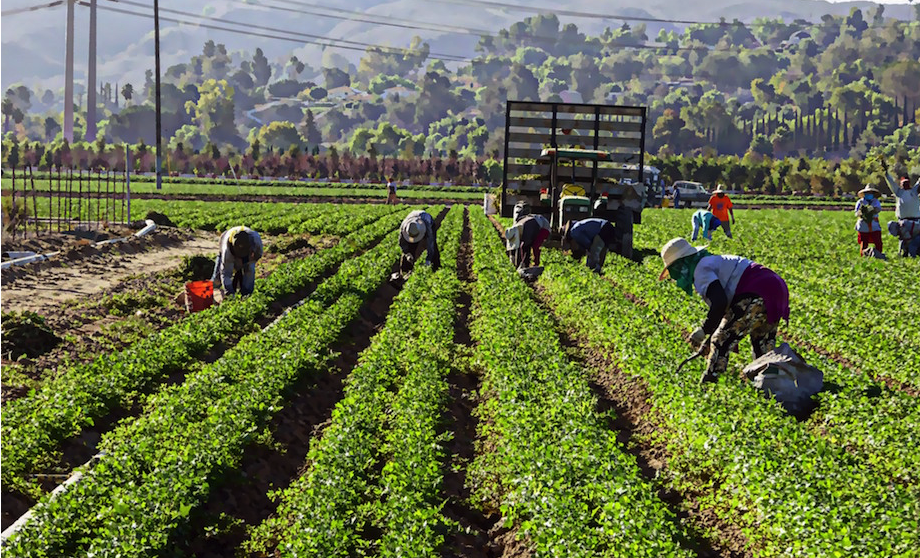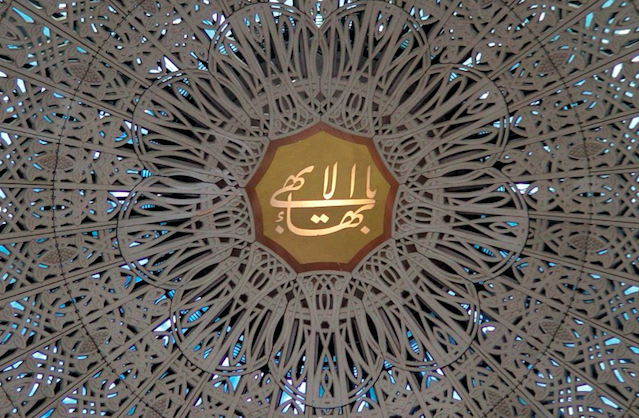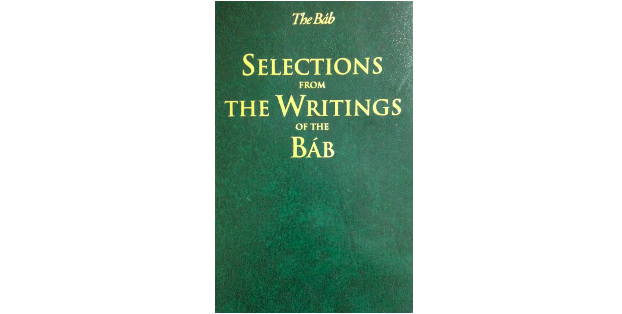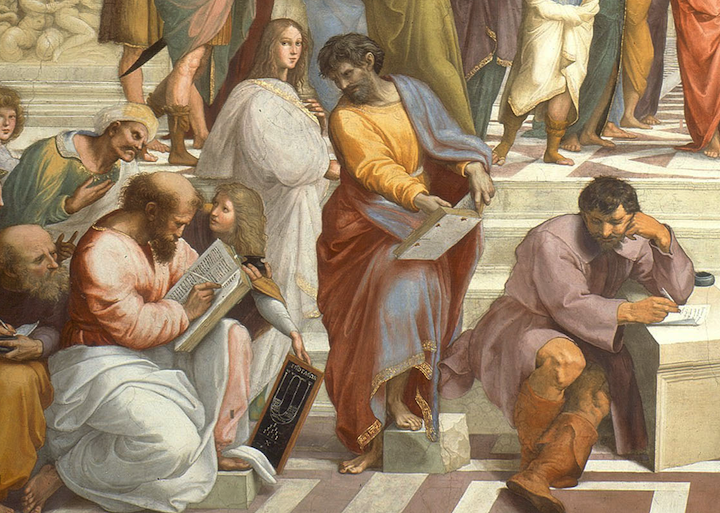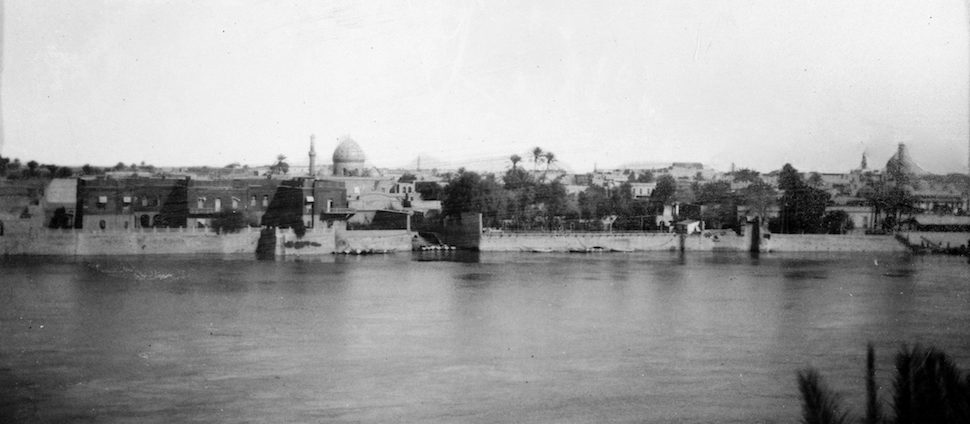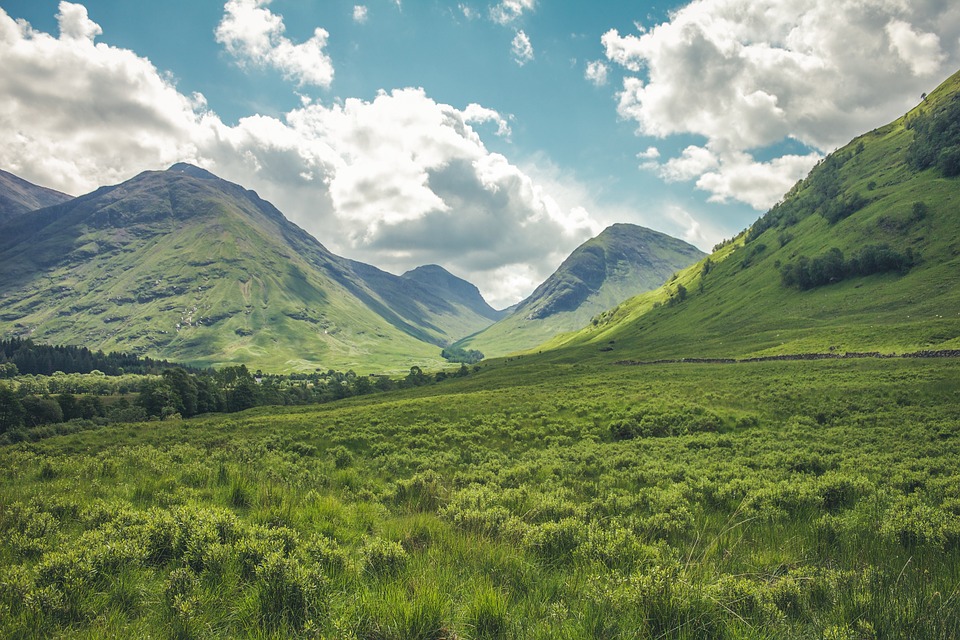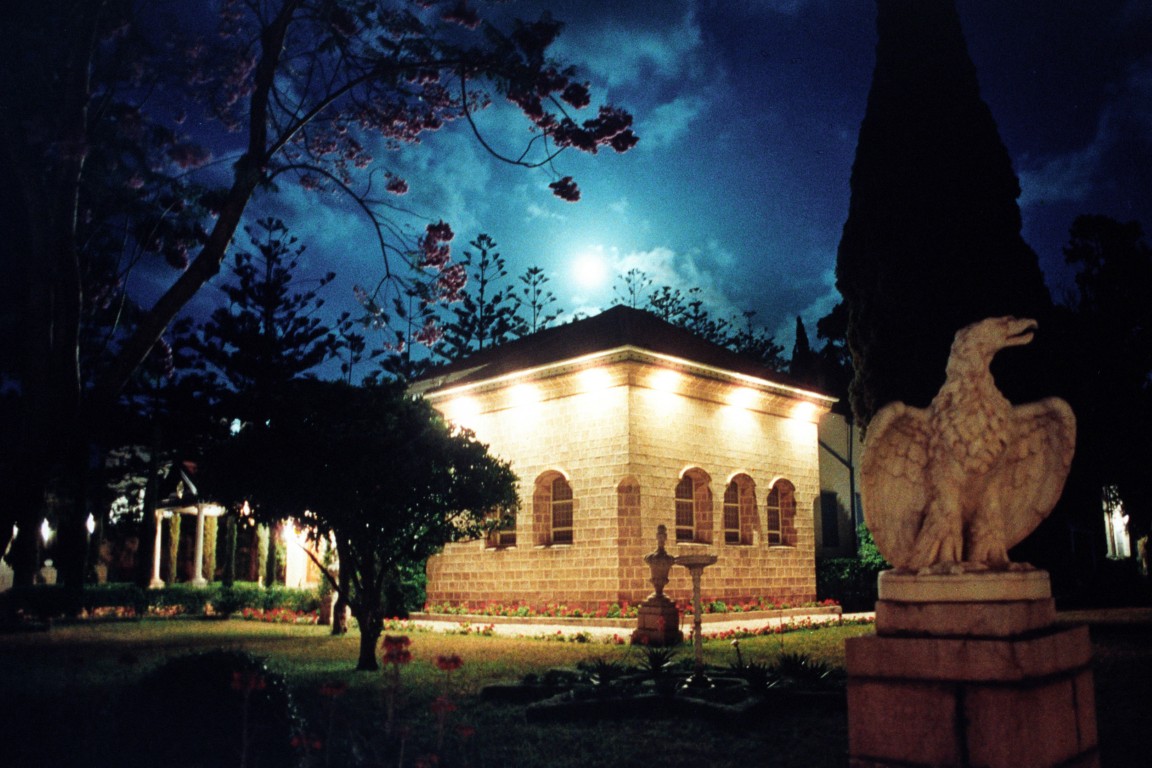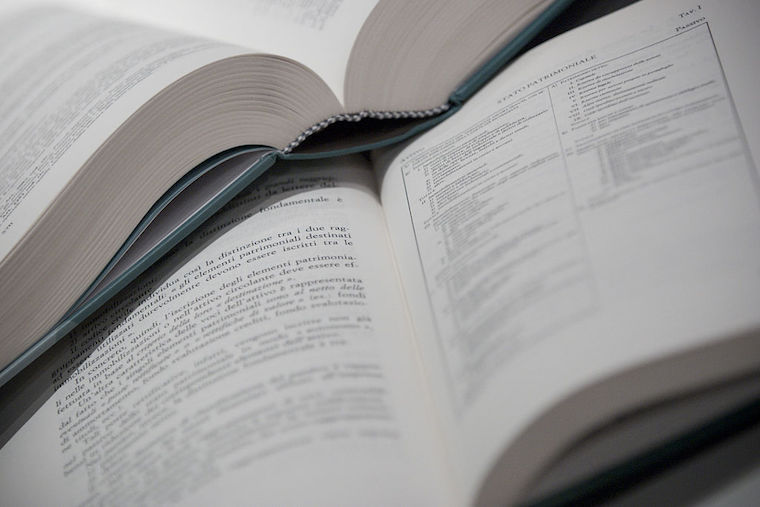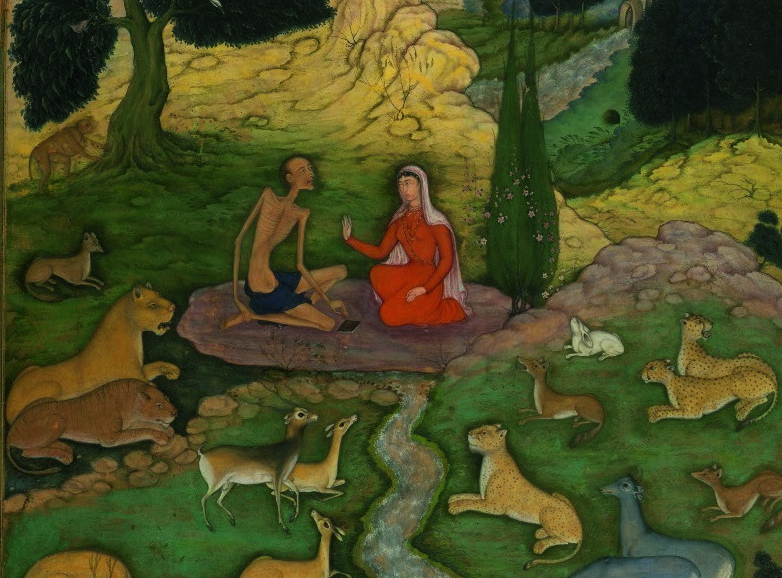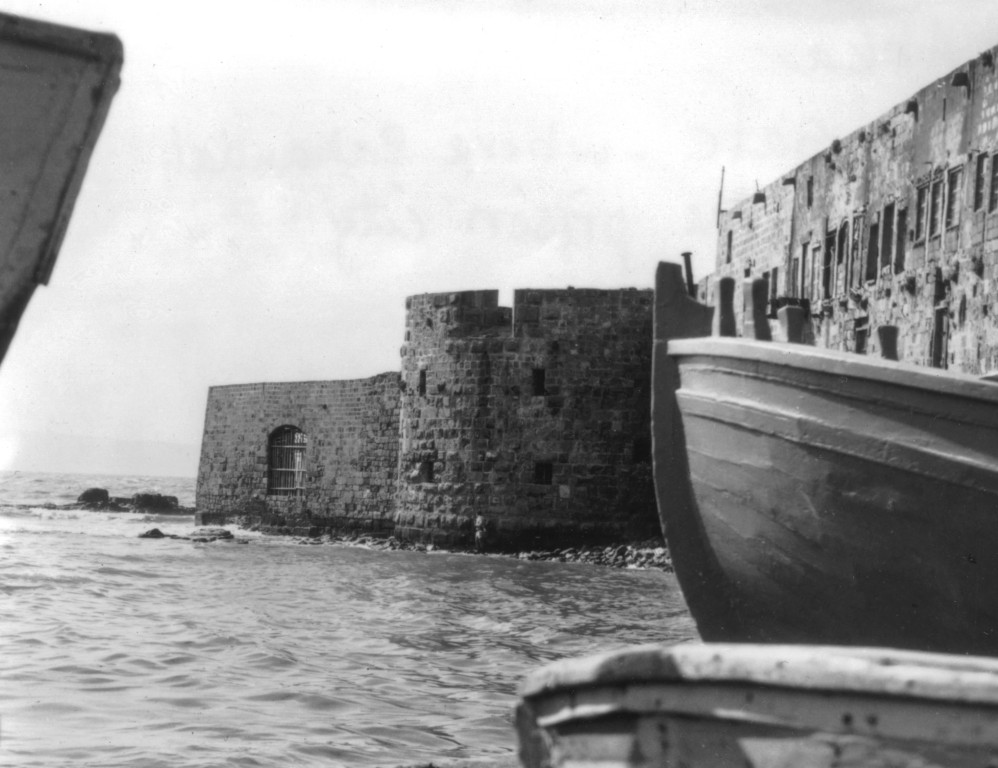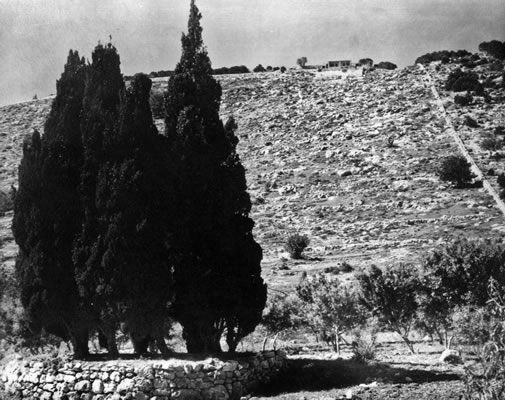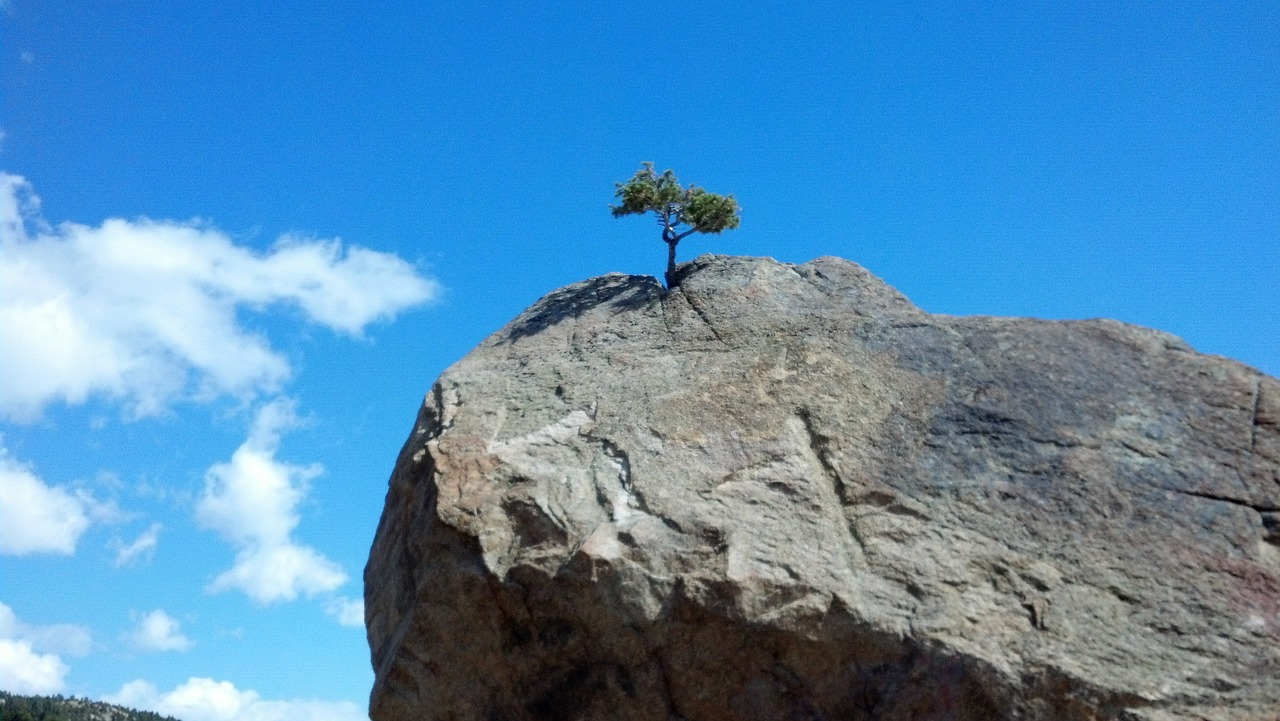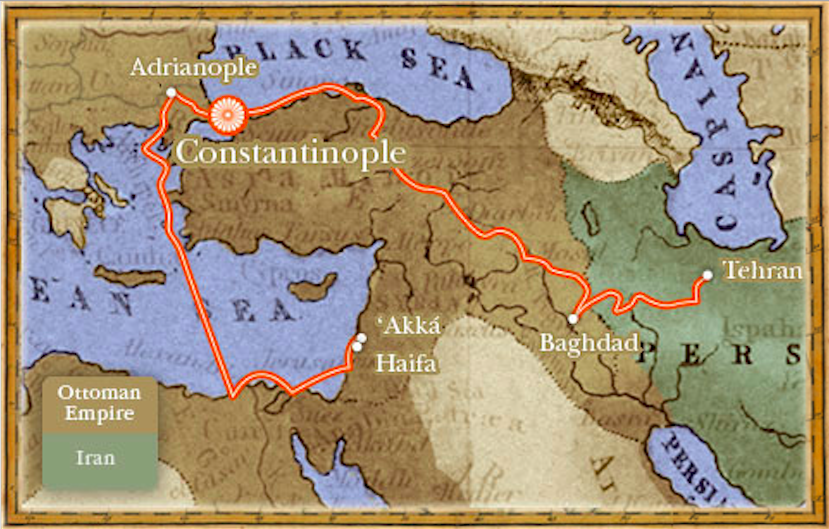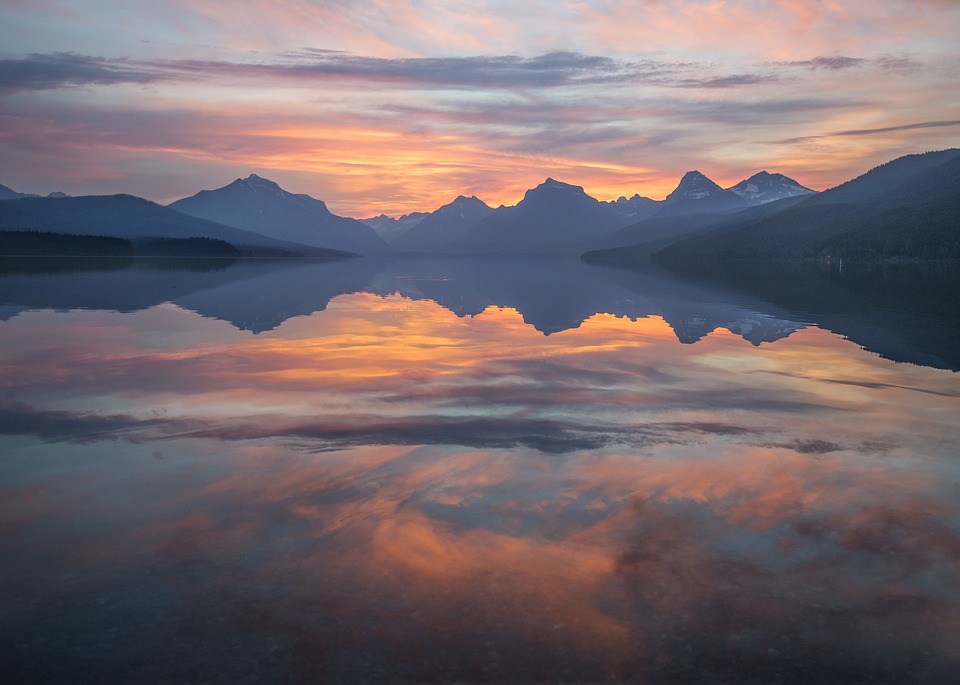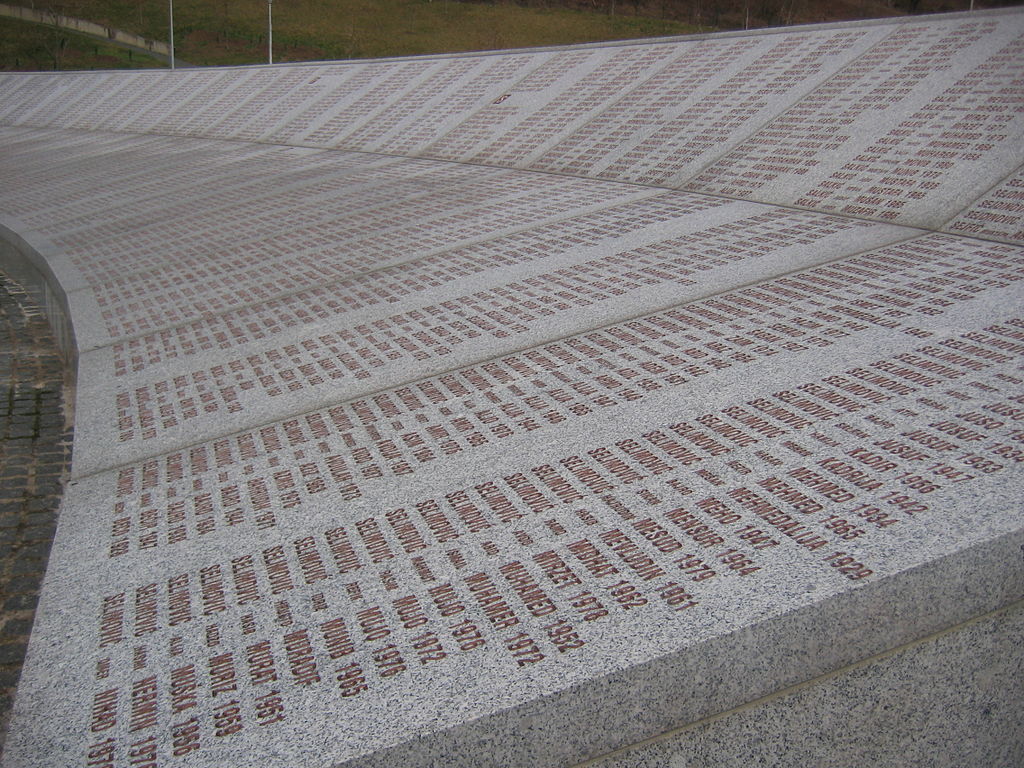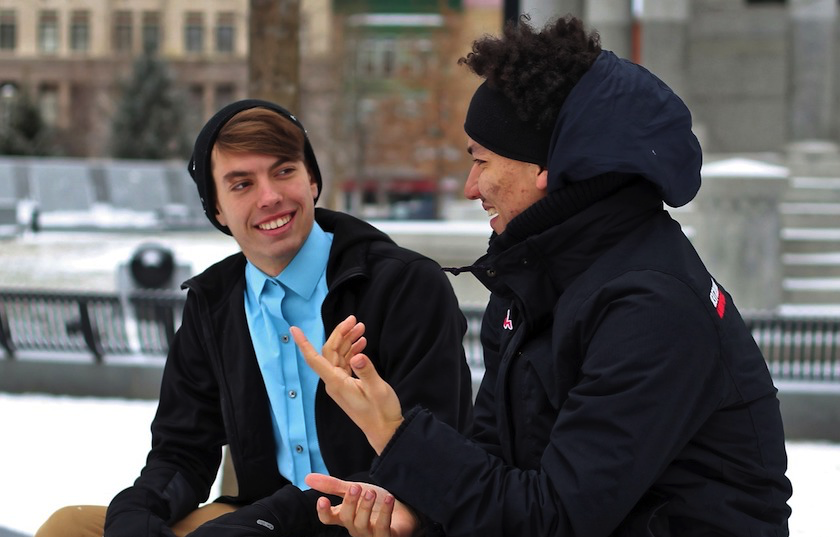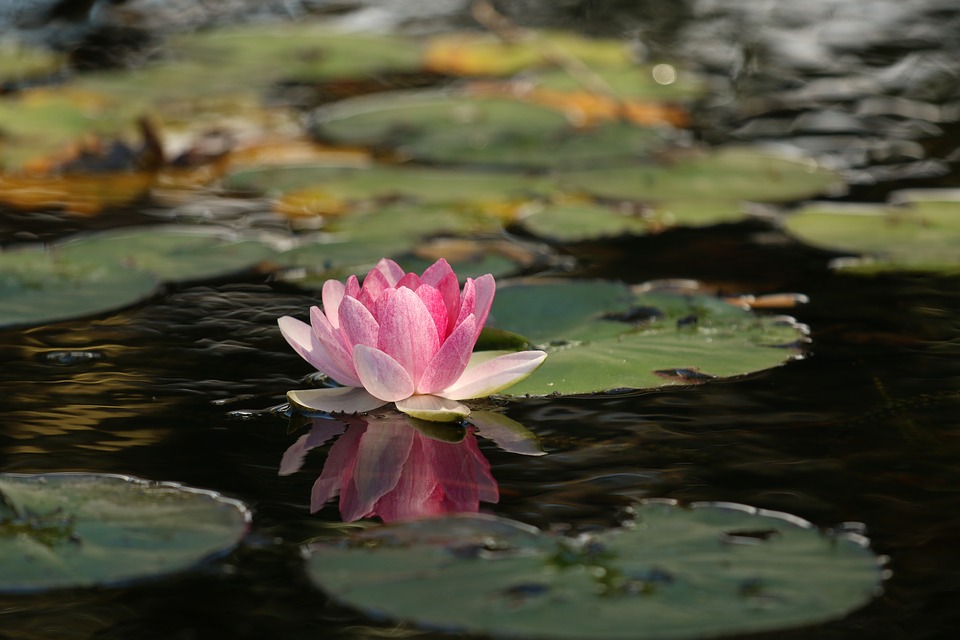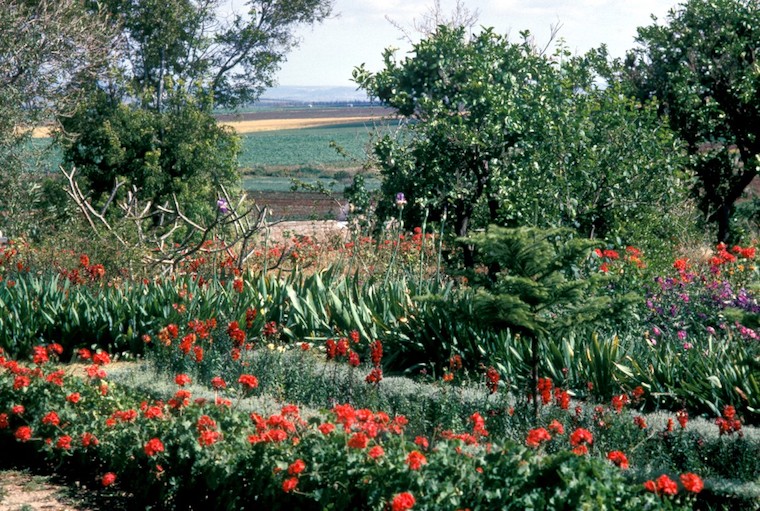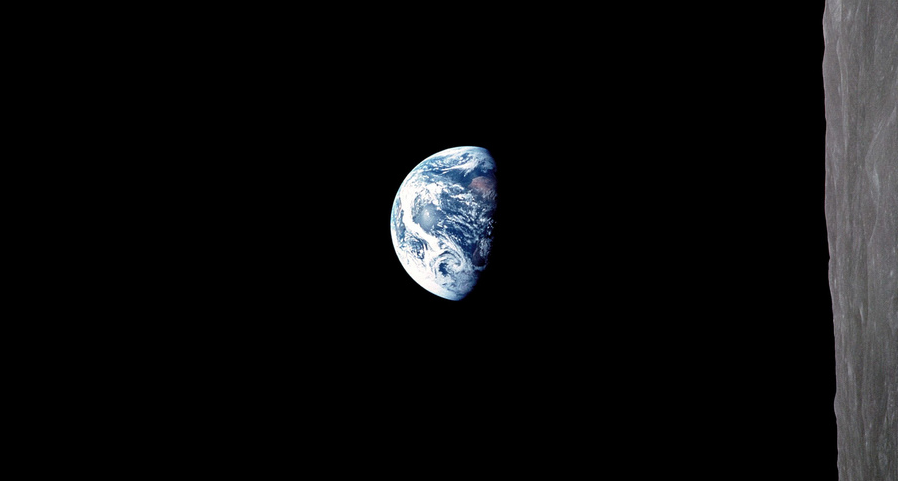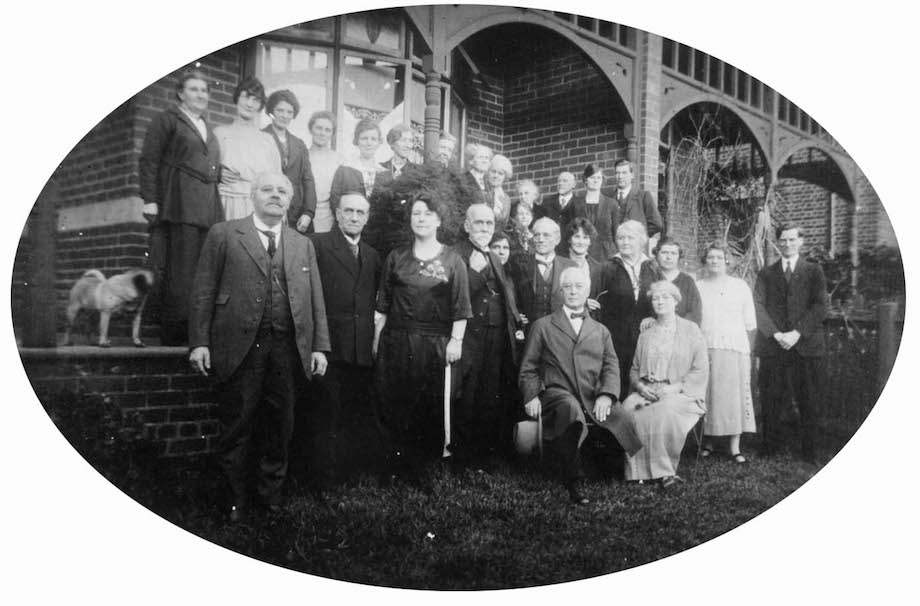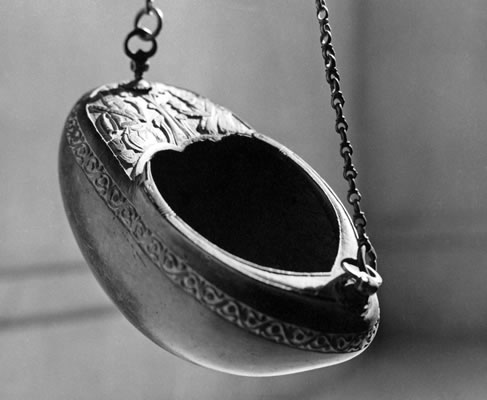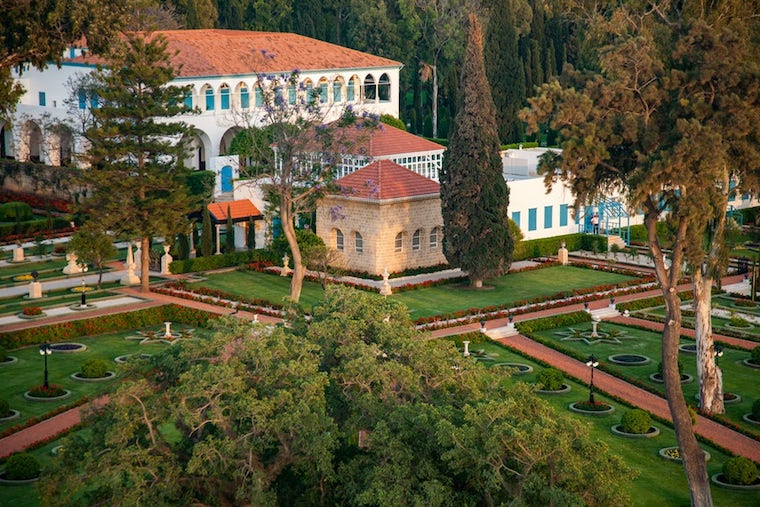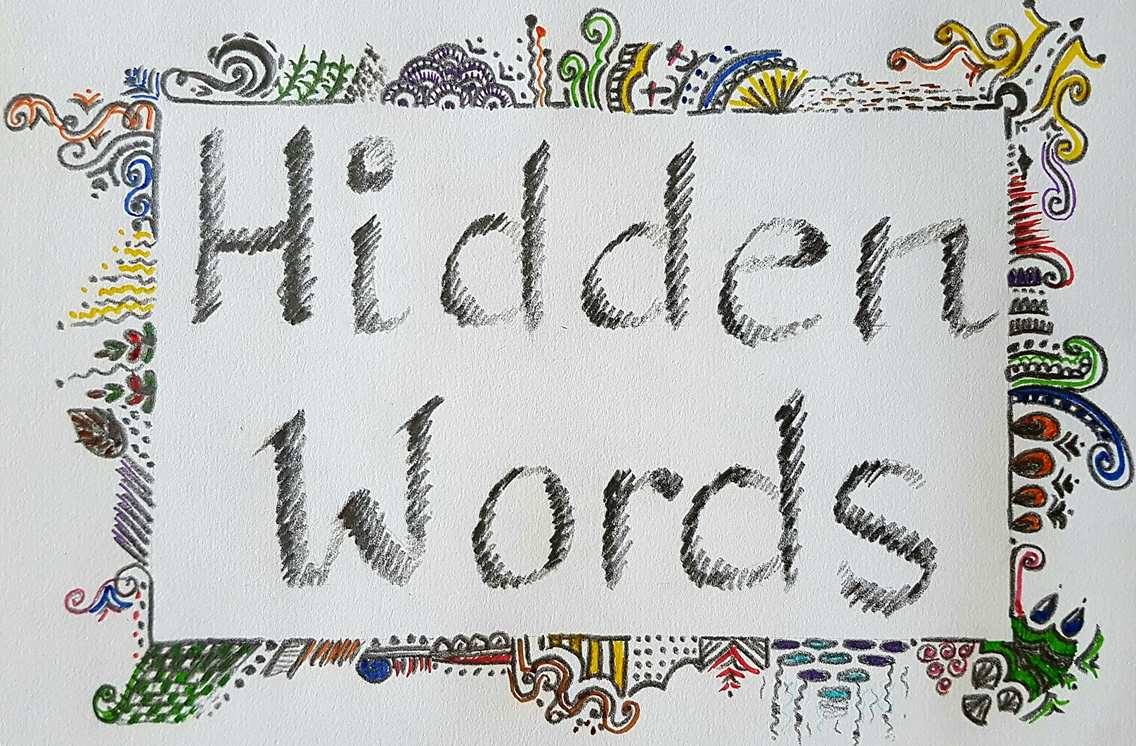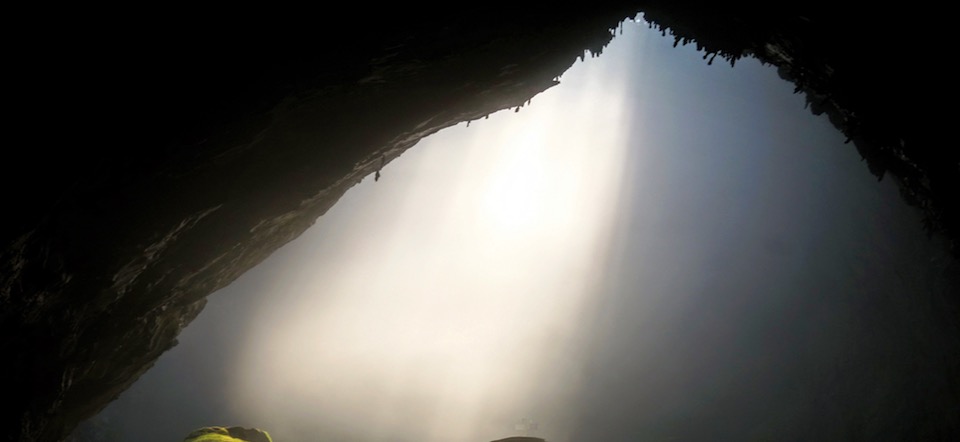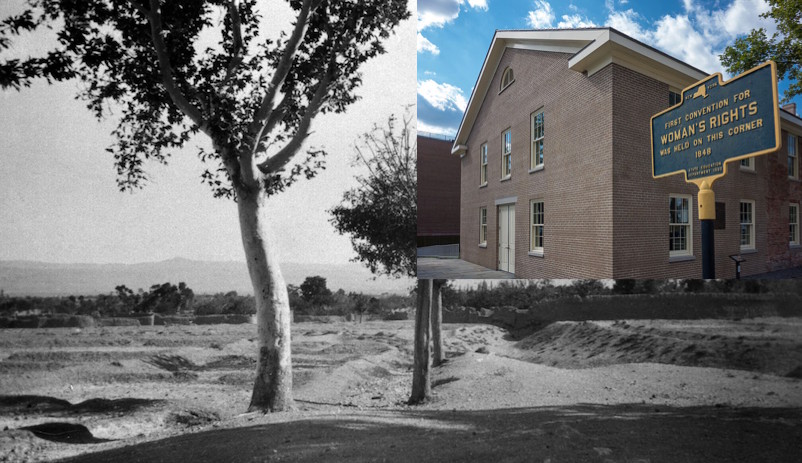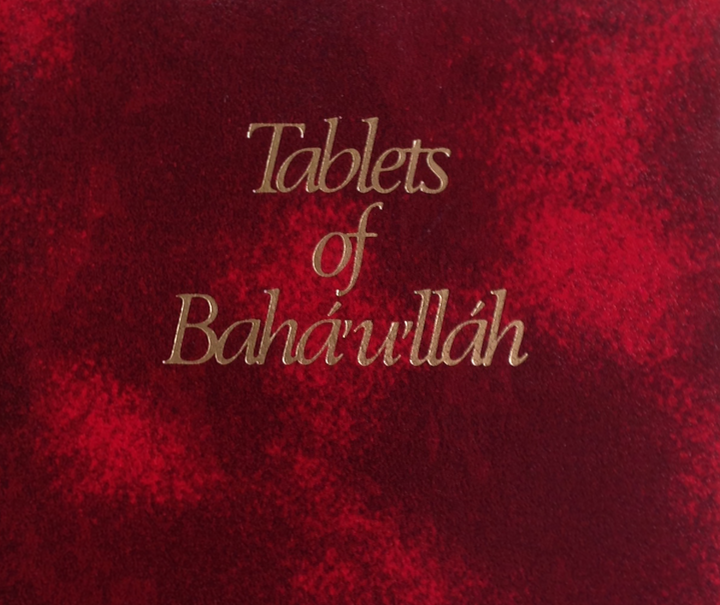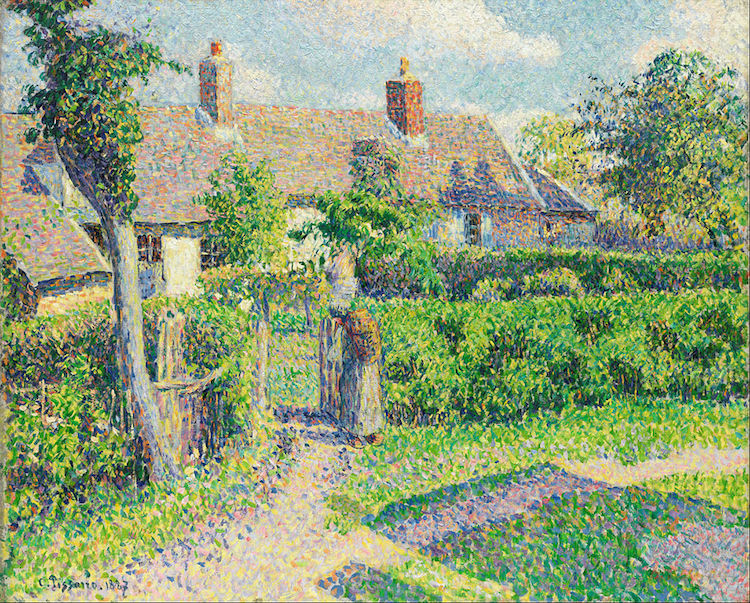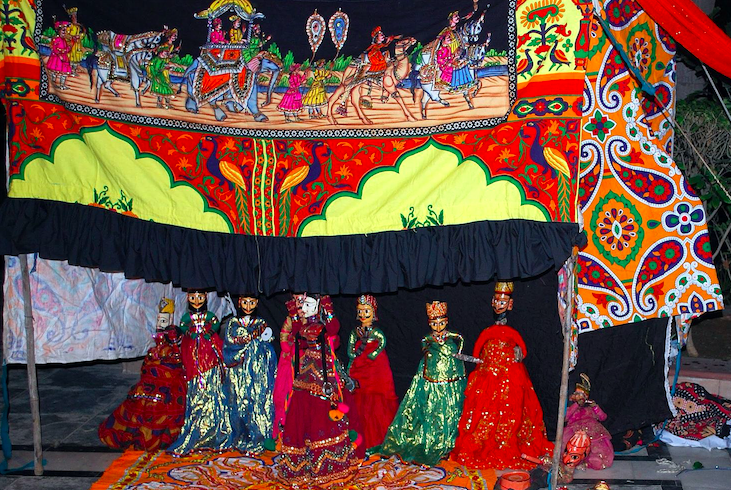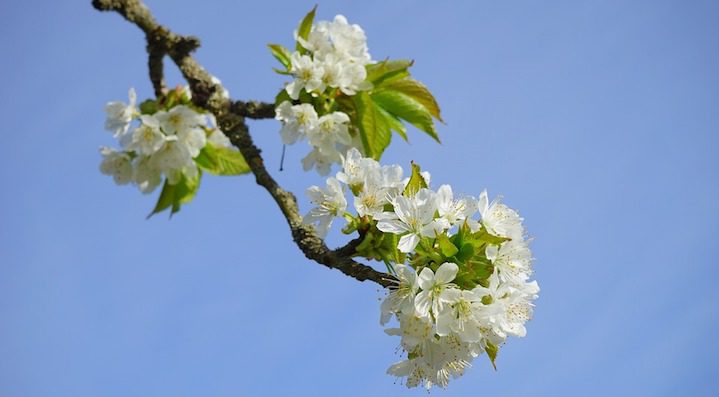-
Human Nature and the Temple at the Dawn of Time: Gobekli Tepe
In the last twenty or so years archeologists have excavated a temple that was built so long ago that no human being had yet thought of planting a crop. It was built so long ago that only stones and bones were used to create it and the many works of art that adorn it. The temple was built before the wheel, before animal husbandry and before the creation of pottery. It precedes large scale government. It precedes the invention of armies, cities and empires. It was created by people who hunted and gathered to collect their food. The temple’s scale forces us to rethink everything we thought we knew about…
-
Workers’ Rights
As we have seen in previous articles, Bahá’u’lláh was concerned with the extremes of wealth and poverty he saw in society. He was concerned when the governors of society “reared palaces for themselves” at the cost of the poverty of their people. We has seen how, in freeing slaves he inherited with his family estate, Baha’u’llah affirmed the essential dignity and equality of all human beings. He was concerned also that workers’ received their proper due for work they performed. The people of Bahá should not deny any soul the reward due to him, should treat craftsmen with deference, and, unlike the people aforetime, should not defile their tongues with abuse.[1] Abdu’l…
-
The Miracle of Baghdad
If we look in the Gospels or in the Quran we find ample evidence of the opposition of the religious hierarchies of the day to Jesus and Muhammad respectively. Again it was so in Bahá’u’lláh’s day. As we have seen before it is a tragic pattern of history that when the truth of a new prophet comes – very few are able to recognise it and those most concerned with religion are the most determined to “put out the light”. In Baghdad, some of the religious scholars (ulama) were continually agitating to cause some harm to Bahá’u’lláh. At one point they threatened jihad, at another they pressed upon the Governor…
-
The Valley of Knowledge
The Seven Valleys is Bahá’u’lláh’s presentation of an ancient literary metaphor for the journey of the soul. He wrote the Seven Valleys around 1860 after he had returned from two years of withdrawal from the world in the mountains of Kurdistan. The Seven Valleys are (in sequence): the Valley of Search, the Valley of Love, the Valley of Knowledge, the Valley of Unity, the Valley of Contentment, the Valley of Wonderment and the Valley of True Poverty and Absolute Nothingness. As a whole the Seven Valleys is a work which challenges comprehension. Of course it is not meant to be – nor can it be – read as a rule book.…
-
Exile Over Snowbound Mountains
Bahá’u’lláh was the son of a wealthy noble family. His family had extensive estates in their ancestral province of Nur. The transformation that Bahá’u’lláh’s life underwent from the day he was imprisoned in the Siyah-Chal is captured in the following passage from Bahá’u’lláh’s writings. My God, My Master, My Desire!… Thou hast created this atom of dust through the consummate power of Thy might, and nurtured Him with Thine hands which none can chain up.… Thou hast destined for Him trials and tribulations which no tongue can describe, nor any of Thy Tablets adequately recount. The throat Thou didst accustom to the touch of silk Thou hast, in the end, clasped with strong…
-
A Stronger Thought of Peace
When a thought of war comes oppose it with a stronger thought of peace. It is such a striking statement that it often comes to mind. It appears in a talk given by Abdu’l Baha in Paris in 1911. I charge you all that each one of you concentrate all the thoughts of your heart on love and unity. When a thought of war comes, oppose it by a stronger thought of peace. A thought of hatred must be destroyed by a more powerful thought of love. Thoughts of war bring destruction to all harmony, well-being, restfulness and content. Thoughts of love are constructive of brotherhood, peace, friendship, and happiness.[1] Often Abdu’l Baha’s words have a simplicity and clarity that bely their depth. It is a…
-
Clara and Hyde Dunn – the Baha’i Faith Comes to Australia
On 10 April 1920, when Clara and Hyde Dunn arrived in Sydney, Australia was, to most of the world, a far-away place. To the bulk of Australia’s people it was a new nation seeking to unfold an egalitarian future that would be free of the many oppressions of the old world. Phrases like “fair go, mate” – though not so common nowadays – still capture something deep in the Australian ethos and sense of identity. It was to be a new society in which people could live a life of dignity, of freedom and of peace. In many ways this vision was a beautiful one. It was not always pursued.…
-
A Light in Dungeon Darkness: the Siyah-Chal and the beginning of Bahá’u’lláh’s mission
Chained, humiliated and conducted over fifteen miles in the heat of summer, Bahá’u’lláh had been cast into Tehran’s most notorious dungeon: Siyah-Chal – the Black Pit. In the city outside a pogrom was sweeping the city taking the lives of hundreds. Baha’u’llah’s own words describe what was done to him: … from Niyavaran [they] conducted Us, on foot and in chains, with bared head and bare feet, to the dungeon of Tihran. A brutal man, accompanying Us on horseback, snatched off Our hat, whilst We were being hurried along by a troop of executioners and officials.[1] In God Passes By, Shoghi Effendi records: On the way He several times was stripped of His outer garments, was overwhelmed with ridicule,…
-
When Religious People do Bad Things
In a world in which crimes are explicitly committed in the name of religion, a conversation about how best to respond to the problem is a necessity as difficult as it may be. Tragically this was how the 21st century begins. This article seeks to reflect on Bahá’u’lláh’s writings, and the Baha’i teachings more broadly, that bear on this question. Of course as a prophet or messenger of God, Bahá’u’lláh’s writings are grounded in a spiritual view of reality – and are concerned with religion. He foresees the decline of religion and the kind of turmoil that we see in the world today. THE world is in travail, and its agitation waxeth day…

